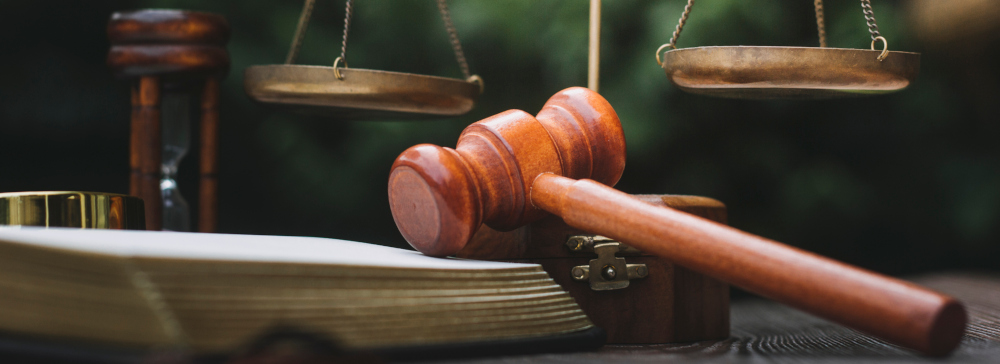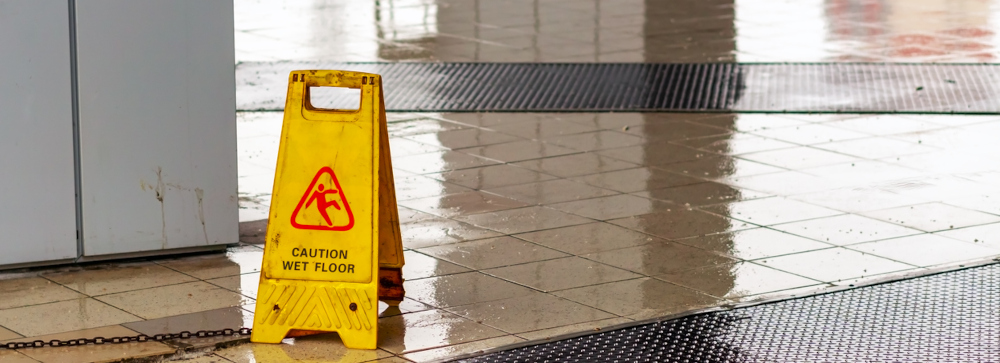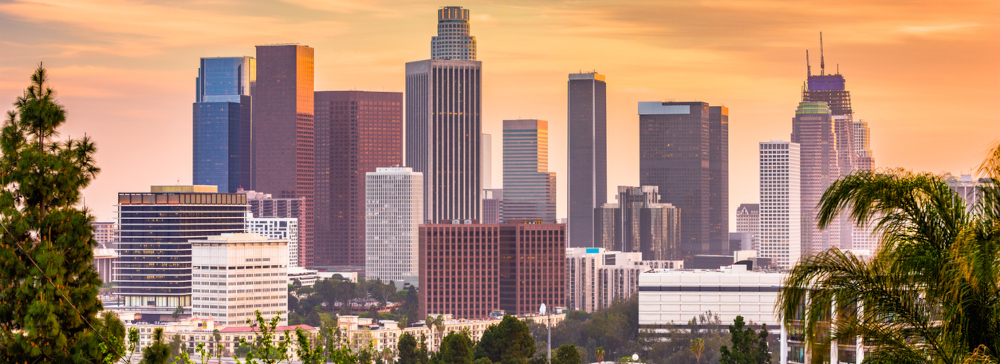Establishing negligence on the part of a property owner or manager is essential to prevailing in a slip and fall claim. However, liability may be more complex when the incident occurs in a shared or common area—such as a parking lot, stairwell, or lobby. It could involve multiple parties, including property owners and management companies. Under California’s premises liability law (Cal. Civ. Code § 1714), property owners and occupiers have a legal duty to maintain their premises in a reasonably safe condition. Failure to do so may constitute a breach of duty, forming the basis for liability.
Trust a Los Angeles slip and fall lawyer at Salamati Law to negotiate with insurance companies to receive a fair settlement covering all your losses, including economic and non-economic damages. We have recovered more than $350 million for our clients. Schedule a free consultation today.
Potentially Responsible Parties

As noted, in a California slip and fall case in a common area, liability may rest with one or more parties, depending on the specific circumstances and control over the premises.
Potentially responsible parties include:
- Property Owners: Under California premises liability law, property owners owe a duty of care to maintain their premises, including common areas, in a reasonably safe condition and to address known or foreseeable hazards in a timely manner.
- Property Managers: If a property management company is contracted to oversee maintenance and safety, it may share liability for failing to inspect, repair, or warn of dangerous conditions in common areas.
- Commercial Tenants: Businesses leasing space within a property may bear responsibility if their actions create a hazard in a shared space.
Factors Determining Liability

In California slip and fall cases—particularly those occurring in parking lots, stairwells, lobbies, or walkways—liability is determined by several interrelated legal factors under premises liability law (Civil Code § 1714).
Here are the key considerations:
- Duty of Care. The property owner, manager, or tenant must owe a legal duty of care to the injured party. In most cases, this duty exists for all lawful visitors (e.g., customers, tenants, delivery personnel), requiring the premises to be maintained in a reasonably safe condition.
- Knowledge of the Hazard. To be held liable, the responsible party must haveactual knowledge of the hazardous condition (e.g., an employee who witnessed the spill) or constructive knowledge, meaning the hazard existed for such a length of time that the party should have discovered it through reasonable inspection.
- Failure to Remedy or Warn. Once aware—or reasonably expected to be aware—of a hazard, the property owner or manager must take prompt and appropriate action.
- Causation. There must be a direct causal link between the hazardous condition and the plaintiff’s injury. The plaintiff must show that the dangerous condition caused the fall and resulting harm.
- Damages. The injured party must have suffered actual harm—such as physical injuries, medical expenses, lost income, or pain and suffering—as a result of the fall.
Finally, California follows a pure comparative negligence rule, meaning that even if the injured party is partially at fault (e.g., distracted or wearing improper footwear), they can still recover damages. However, their compensation will be reduced by their percentage of fault.
Schedule a Free Consultation at Salamati Law

If you were seriously injured in a slip and fall accident in a common shared area, contact Salamati Law. We have almost 30 years of experience proving liability in a slip and fall case and a track record of obtaining significant settlement and award amounts for clients. Schedule a free, no-obligation consultation today.
